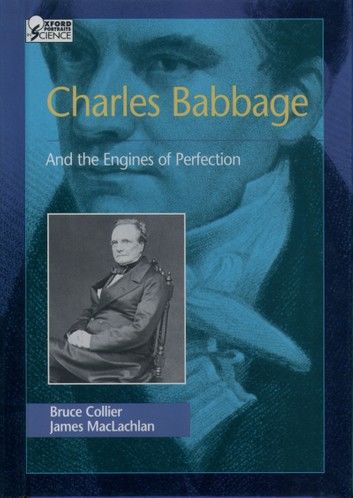| FindBook |
|
有 49 項符合
Bruce James的圖書,這是第 5 頁 |
 |
$ 974 電子書 | Charles Babbage
作者:Bruce Collier,James MacLachlan 出版社:Oxford University Press 出版日期:1999-01-07 語言:英文  看圖書介紹 看圖書介紹
|
|
|
圖書介紹 - 資料來源:樂天KOBO 評分:
圖書名稱:Charles Babbage
Charles Babbage, "the grandfather of the modern computer," did not live to see even one of his calculating machines at work. A dazzling genius with vision extending far beyond the limitations of the Victorian age, Babbage successfully calculated a table of logarithms during his years at Cambridge University, allowing mathematical calculations to be executed with extreme precision. Only the possibility of human error prevented complete accuracy, and Babbage understood that the only way to attain perfection is to leave the human mind entirely out of the equation. He devoted most of his life and spent most of his private fortune and government stipend trying to improve his difference engines and analytical engines. Bruce Collier and James MacLachlan chronicle Babbage's education and scientific career, his remarkably active social life and long string of personal tragedies, his forays into philosophy and economics, his successes and failures, and the biggest disappointment of his life-- his ingenious inventions were centuries ahead of the primitive capabilities of Victorian technology.
|










